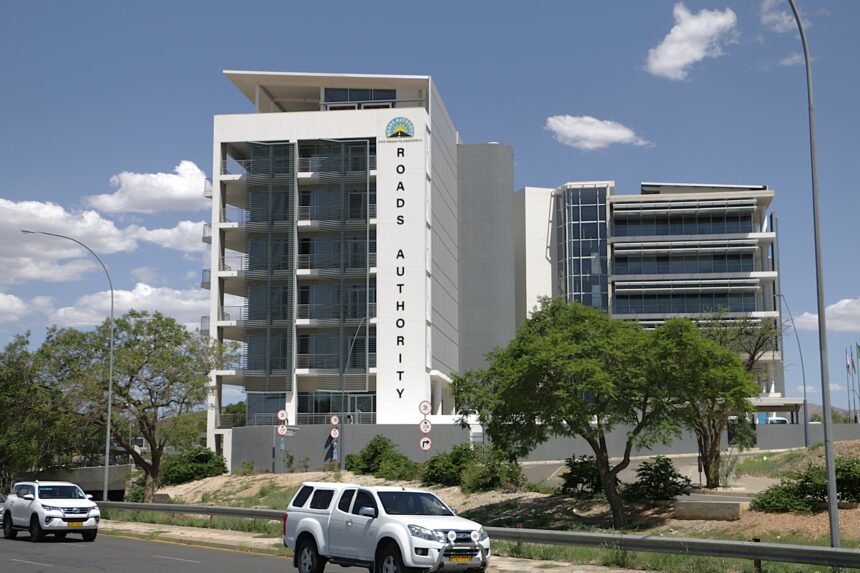Iuze Mukube
The Roads Authority (RA) has been ordered to pay 28 of its employees a total of N$7.8 million.
The Labour Commission’s Moses Mazambo made the order earlier this month.
It resulted from a dispute involving three RA employees, being non-engineering middle-level managers, who alleged they were excluded from pay scale adjustments under the RA’s 2014/15 Remuneration Policy. Thus, the complaint comprised allegations of unfair labour practices and unfair discrimination, resulting in a dispute of right.
They stated that the authority’s remuneration policy of 2006, which was revised in 2014 with advisory opinions in accordance with the Namibia Public Workers Union (Napwu)’s salary adjustments, was excluding them.
The union is the bargaining agent for employees below management, who then had their pay scales adjusted to align with the market median based on the Benchmark Market Remuneration Surveys conducted by PricewaterhouseCoopers (PWC).
Despite the policy applying to all employees, the applicants claimed their scales were excluded from adjustments. Thus, arbitration proceedings were initiated after conciliation failed in 2019.
They sought a payment of N$28 million at the time.
Frederick Dausab, a manager and one of the applicants, testified that Napwu had raised concerns about the salary disparities caused by the authority’s 2006 remuneration policy. He highlighted that only three of the non-engineering managers were migrated to the market median, while the applicants were excluded.
Despite the 2014/15 revised policy aimed at fair remuneration, Dausab said it was discriminatory how the applicants were only given inflationary adjustments across several financial years.
Another witness, liaison officer for engineering and one of the applicants Isai Haikela confirmed and supported Dausab’s testimony.
He emphasised that the approved remuneration policy’s principle was to ensure proper implementation for all employees, regardless of pay scale. However, it was clarified that annual salary increments differ from market median adjustments, adding that employees in the D-Band remain below the defined market median. Haikela submitted that the RA knowingly breached its remuneration policy without corrective action, and that its failure to consistently apply the remuneration policy to all staff constitutes an unfair labour practice.
He claimed this selective implementation also created a dispute of rights, which the applicants acquired through the policy approved by the respondent’s board of directors. Constantine Nyati, an executive officer for corporate services at RA, testified that she was familiar with the applicants’ complaints, having previously served as the HR manager.
She stated that the migration of employees in the bargaining unit resulted from the memorandum of understanding between RA and Napwu, not the market median policy. Nyati further clarified that while the pay scales of some employees moved into the market median, no actual migration occurred.
She disagreed with the applicants’ claims of unfairness, asserting that the board’s decision to not approve certain salary increases was due to financial limitations.
She also rejected the applicants’ calculations, and maintained that adjustments were made across the board, not through selective migration.
Nyati submitted that there was no basis for the applicants’ claim of N$28 million, asserting the board’s decision to exclude them from being migrated or aligned to the market median had no ulterior motive, and while there was differentiation in employee salaries, there was no unfairness.
Mazambo ruled in favour of the applicants that the differentiation, especially considering the board’s discretion in salary increases, potentially amounts to unfair discrimination.
Despite the authority’s claim of financial limitations, no evidence was presented to show an inability to migrate the applicants to the market median.
The arbitrator ordered the RA to adjust the aggrieved employees’ pay scales to the market median as per the 2014/15 Roads Authority Remuneration Policy, and pay them a total of N$ 7.8 million by 3 February 2025. The employees were represented by Rauha Shipindo, while the RA was represented by Slysken Makando.
-mukubeiuze@gmail.com



